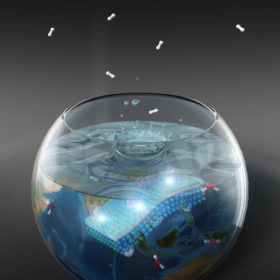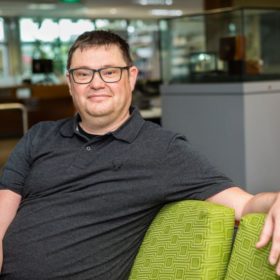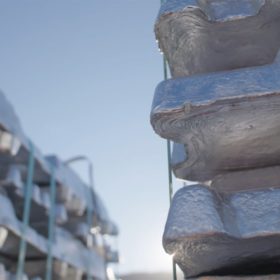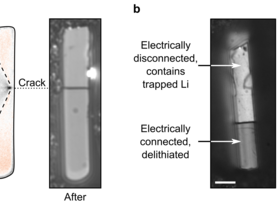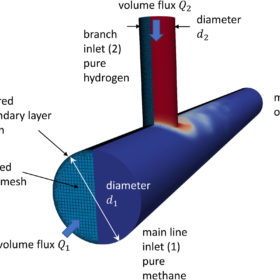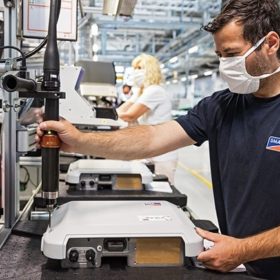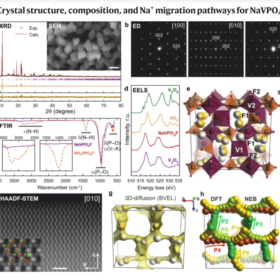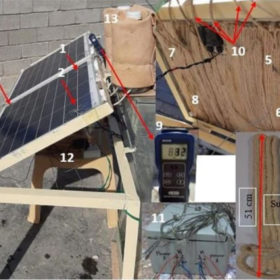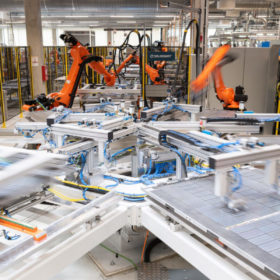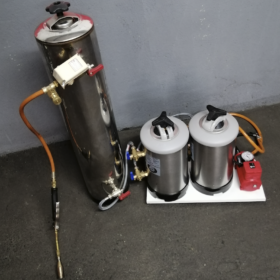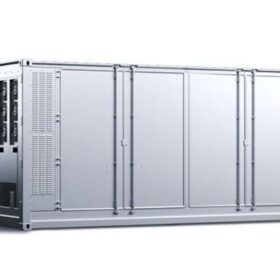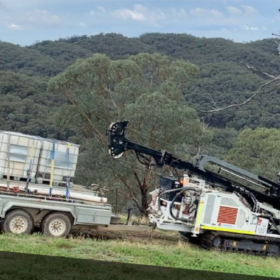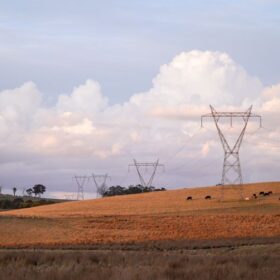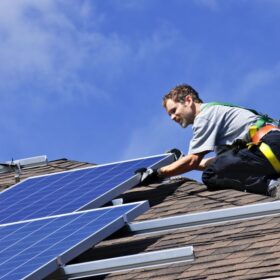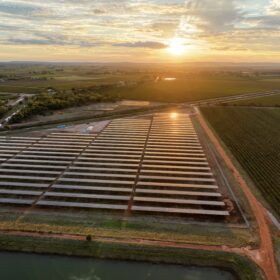Dye-sensitised photocatalyst promises most efficient solar water splitting to date
Japanese researchers have developed a new way to improve water splitting, while South Korea has completed its largest hydrogen production complex. Scotland and England have announced new hydrogen investments, and Uzbekistan and Saudi Arabia’s ACWA Power have agreed to collaborate on hydrogen projects.
New Zealand hydrogen R&D blossoms with German backing
New Zealand and Germany have partnered up to provide NZ$2 million (AU$1.8m) each to three green hydrogen research projects, including one to develop more efficient anion exchange membrane electrolysers which promise to be cheaper and more sustainable to manufacture.
Long-term, heat-based energy storage in aluminium
Nine partners from seven European countries are involved in the €3.6 million (AU$5.25 million) “Reveal” research project, which says buildings could be heated in the future by storing energy from PV, wind and water in aluminium.
Optical microscopy technique to study prevention of battery failure
Researchers at the University of Cambridge have examined one of the fastest-charging anode materials by using a low-cost, lab-based optical microscopy technique. Their findings showed that particle fracture, which can reduce the storage capacity of a battery, is more common with higher rates of delithiation and in longer particles.
Traditional hydrogen blending could damage gas pipelines, say researchers
UK researchers have revealed that gaseous hydrogen could cause problems in natural gas pipelines, while electrolyser manufacturer Nel has announced plans to build a second production line in Norway.
Supply chain difficulties translate into losses for SMA
SMA’s Home Solutions segment was particularly badly hit as the PV inverter manufacturer struggled to meet the demand due to the shortage of materials. The sales and results in the first half of 2022 were therefore significantly worse than in 2021. The company now wants to take “a series of measures to improve its long-term ability to deliver.”
High-voltage sodium-ion batteries with up to 15% higher energy density
Researchers in Russia have developed a new sodium-vanadium phosphate fluoride powder. It has a particular crystal structure that provides superior energy storage capacity in the battery cathode.
Cooling down solar modules with cotton wicks immersed in water
The novel technique consists of attaching cotton wicks immersed in the water (CWIWs) to the backside photovoltaic module. The water is supplied to cotton wicks from top to bottom by gravity which the scientists said helps the effective absorption of cotton and reduces water consumption.
Solarwatt obtains ‘cradle-to-cradle’ certification for its glass-glass solar modules
The ‘cradle-to-cradle’ certification is considered a globally recognised holistic product quality standard. The assessment is made for five categories: material health, recyclability of materials, energy management and CO2 emissions, water management and social responsibility
Update: New tech to produce hydrogen from tap water
A Spanish scientist has developed a system that reportedly produces hydrogen on-site without expensive electrolysis. The prototype utilises a water tank that is initially filled with water, ferrosilicon, and sodium hydroxide.
